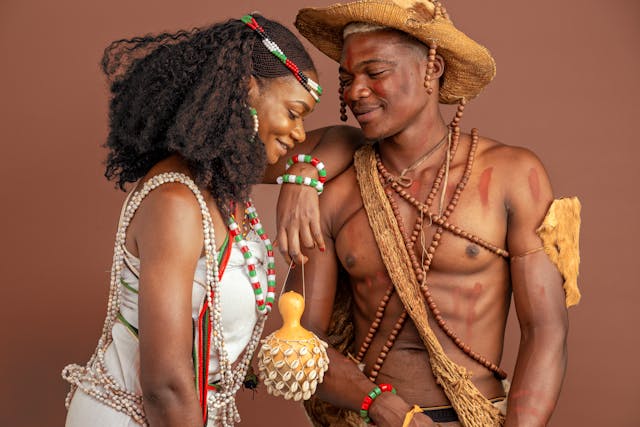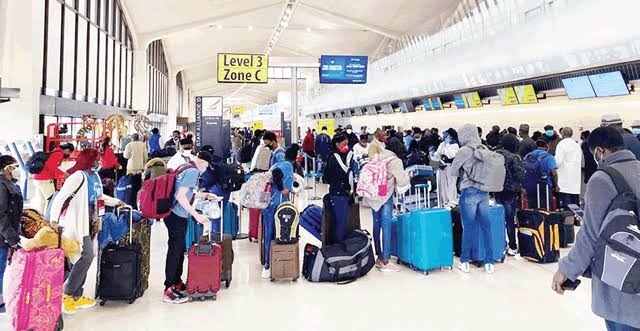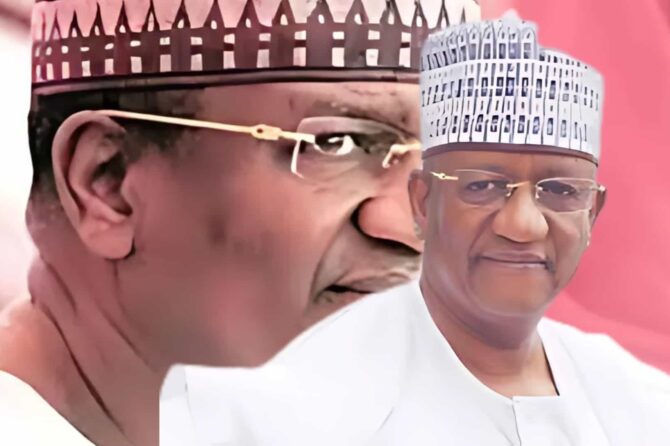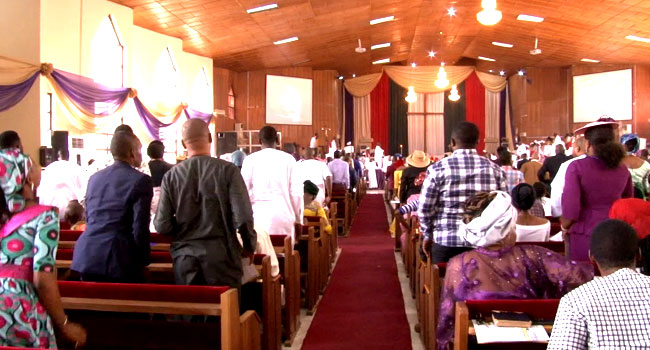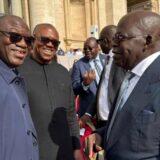Can Money Buy Love in Modern Nigeria?
In the bustling heart of Lagos, where the pulse of Afrobeats reverberates and the aroma of jollof rice wafts through the air, a question lingers on the lips of many: can money truly buy love in a world driven by the Nigerian Naira?
This question, once relegated to the realm of philosophical debate, has taken on a tangible urgency in contemporary Nigeria. As economic pressures mount, and the allure of material wealth becomes increasingly potent, the lines between genuine affection and financial dependency are becoming increasingly blurred.
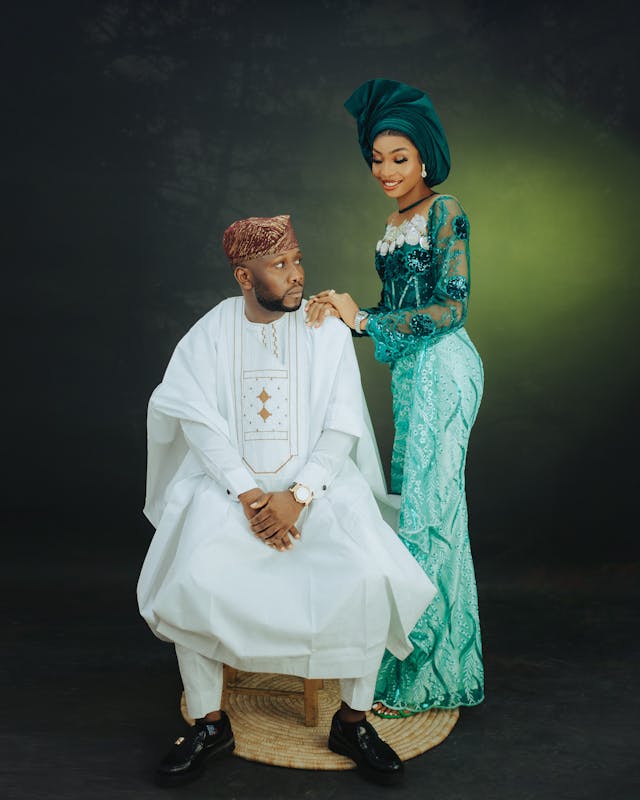
One commentator, pondering the question “Can money be a love language?”, suggested that “For some, extravagant gifts are a powerful symbol of affection. However, it’s crucial to discern whether these gestures are driven by genuine care or a desire to impress or control.”
This sentiment echoes the experiences of many young Nigerians navigating the complex world of love and relationships. In a society where societal expectations and economic realities often collide, the role of money in romantic partnerships has become a subject of intense scrutiny.
Historically, Nigeria’s cultural landscape has always placed a significant emphasis on financial stability as a prerequisite for marriage. In many traditional communities, the groom’s family is expected to pay a bride price, a symbolic gesture that acknowledges the value of the bride and her family’s contribution to the union.
However, in modern Nigeria, this age-old tradition has taken on new dimensions. The bride price, once a customary gesture, has become increasingly exorbitant in some cases, with families demanding extravagant sums of money and material possessions.
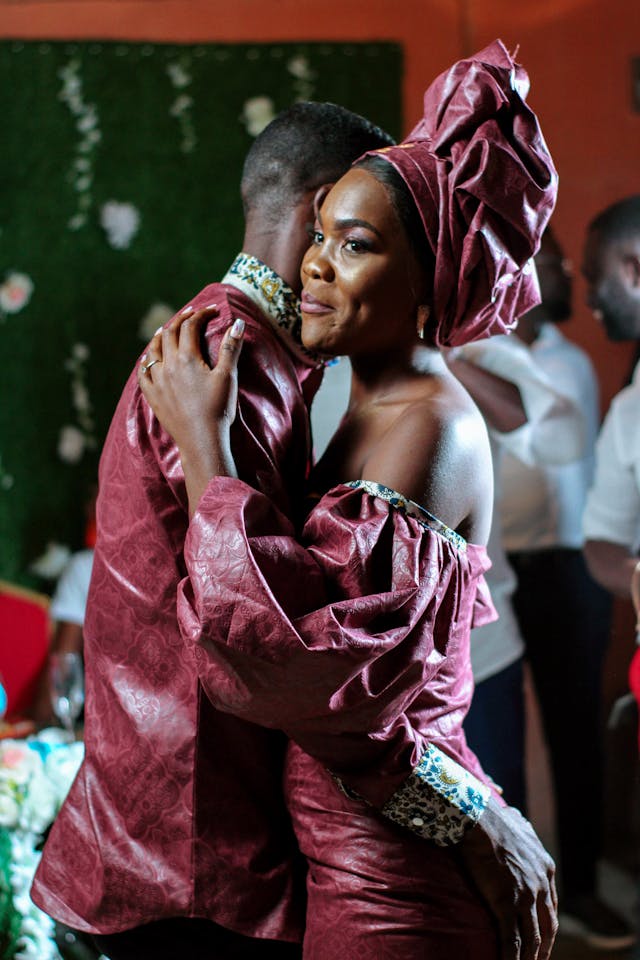
The escalating cost of weddings further complicates the equation. Lavish ceremonies, complete with designer attire, elaborate decorations, and a seemingly endless guest list, have become the norm in many social circles. The financial burden associated with these extravagant celebrations often falls heavily on the groom and his family, leading to a sense of financial pressure that can cast a shadow over the joyous occasion.
Moreover, the economic realities of modern Nigeria have placed an added strain on romantic relationships. The rising cost of living, coupled with limited employment opportunities, has made financial stability an elusive dream for many young Nigerians. As a result, the financial aspect of relationships has become a source of anxiety and tension for many couples.
One oil marketing expert noted that “Imported fuel not cheaper, unless you stole crude oil from Nigeria”, highlighting the harsh economic realities faced by many Nigerians.
The increasing prevalence of social media has also played a role in shaping perceptions of love and relationships in Nigeria. The curated perfection of online profiles often creates unrealistic expectations, with couples showcasing their material possessions and luxurious lifestyles as markers of success and happiness.
This trend has led some to question whether genuine love can flourish in an environment where appearances and material wealth hold such sway. Can a relationship built on shared values and genuine affection withstand the pressures of a society that often equates love with financial security?
Amidst these complex dynamics, there are those who argue that money, while important, should not be the defining factor in a loving relationship. They point to the enduring power of shared experiences, emotional connection, and mutual respect as the cornerstones of a strong and lasting bond.
As one relationship expert put it, “Money can facilitate certain aspects of a relationship, such as providing a comfortable lifestyle or enabling shared experiences. However, it’s important to remember that true love transcends material possessions. It’s about genuine care, mutual respect, and a shared vision for the future.”
Ultimately, the question of whether money can buy love in a Naira-driven world remains a complex and nuanced one. While financial stability undoubtedly plays a role in fostering healthy and sustainable relationships, true love is ultimately a matter of the heart, not the wallet.
As Nigeria continues to grapple with the challenges of economic growth and social change, the intersection of love and finances will likely remain a topic of ongoing discussion and debate. In a society striving to balance tradition and modernity, the search for love in a Naira-driven world is a journey fraught with complexities, but also one filled with the enduring hope of finding a connection that transcends the material realm.


